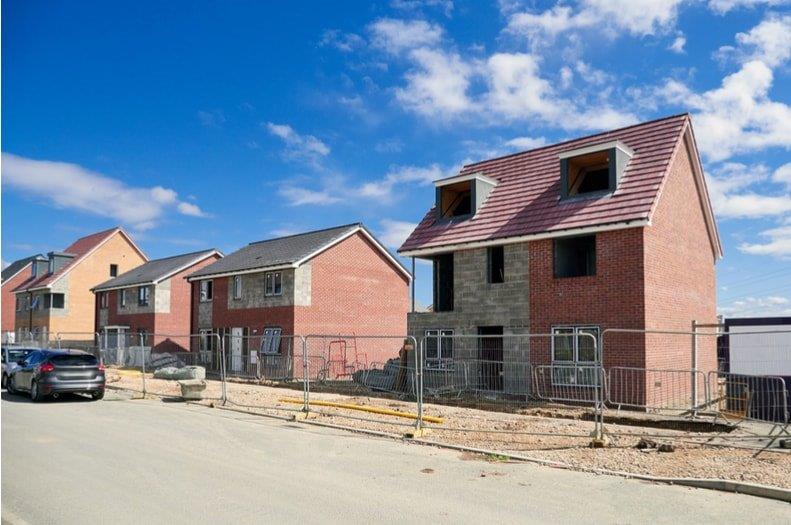Here are some of the things that companies offering property development services should be aware of:
– You Should Plan Your Structure
Typically, planning is the key because the new rules are making use of Special Purpose Vehicle’s potentially less attractive moving forward. That’s because of the risk that the profits on liquidation extraction will be considered as a dividend instead of capital in which the relief of the entrepreneur may apply, leading to a higher tax charge.
– An Additional 3 Per Cent Stamp Duty Land Tax (SDLT) Charges
The 3 per cent stamp duty land tax surcharge doesn’t include exemptions for property developers who want to acquire residential property. Therefore, this must be incorporated into the development costs, unless you acquire mixed-use property or non-residential as part of the same transaction.
– CIS (Construction Industry Scheme)
Property developers may be legally answerable to register themselves as contractors under the Construction Industry Scheme. The responsibilities include having to verify all the payments that are being made to those you hire to do work for you, like carpenters, builders and plumbers as sub-contractors, as well as to deduct tax from all the payments that you are making to them where Her Majesty’s Revenue and Customs expect you to do so.
– Land Remediation Relief
A bit of known tax relief that allows developers to include a 50 per cent enhanced deduction for specific costs in cleaning property or up the land.
– ATED (Annual Tax on Enveloped Dwellings) Rules
If you have traded through a corporate and you’re building or have acquired a residential property that’s worth 500,000 pounds or more, you’ll have to consider the Annual Tax on Enveloped Dwellings. That’s the situation even if the property happens to be held as a trading stock for sale. But, strong penalties for failure to obey can arise.
– You Should Check Your Development VAT Treatment
The rules of VAT (value-added tax) for property transactions are usually highly complex; getting it wrong can lead to a significant VAT plus penalty costs. If plans change while the development is still going on (for example, deciding to grant short instead of long leases), the position of the VAT should be reviewed.
– You Should Beware of Exempt Supplies
Most of the property transactions are value-added tax exempt. Whilst no value-added tax is chargeable, it’s likely to restrict the VAT amount that can be reclaimed on costs under the rules of partial exemption. That can include a restriction being made to value-added tax reclaimed in the last decade.
– Make Use of the Value-Added Tax Relief Available
There are wide VAT reliefs available for alteration works, renovation, conversion and residential construction. If the 5 per cent reduced rate or zero rate applies to the construction works, then that can end up giving a significant cash flow savings or VAT saving. Incorrectly charged VAT isn’t reclaimable, hence it’s essential that suppliers apply.
If you need property developers in Hampshire as well as Sussex, in the UK, contact Exbury Homes. We have expertise and experience to meet all your requirements. We have more than a decade and a half experience in the property industry.






